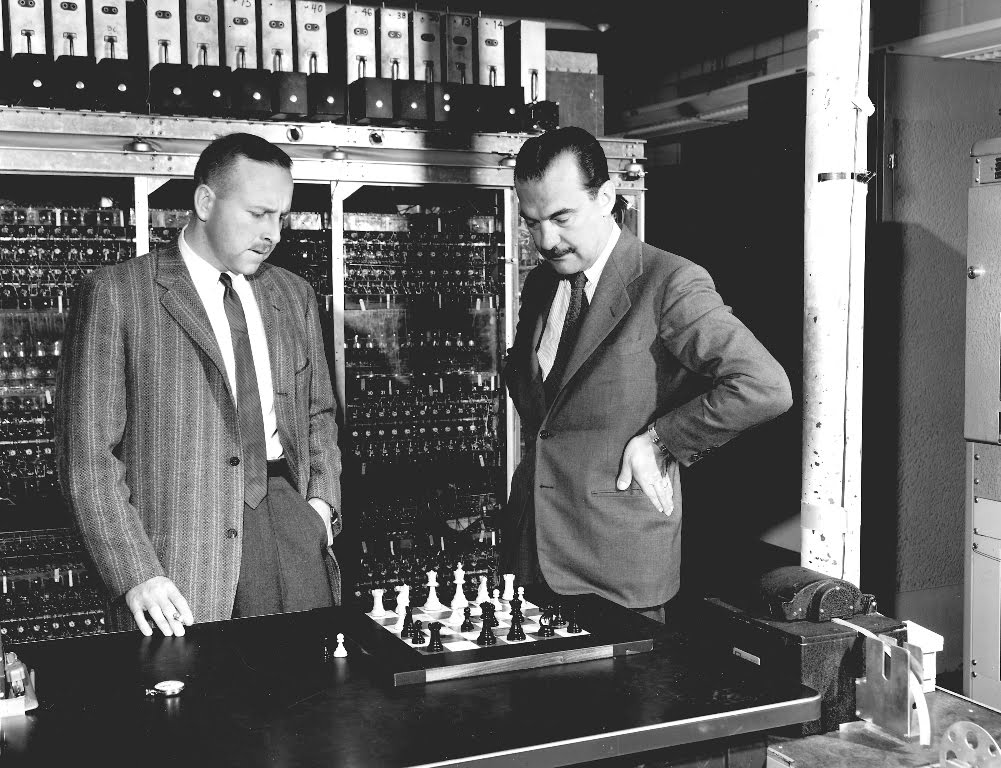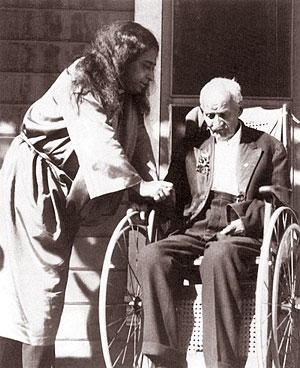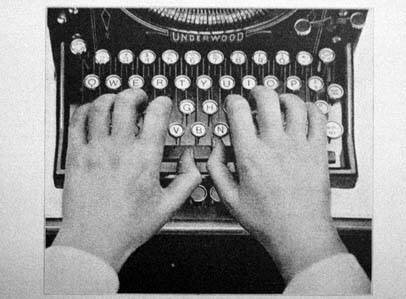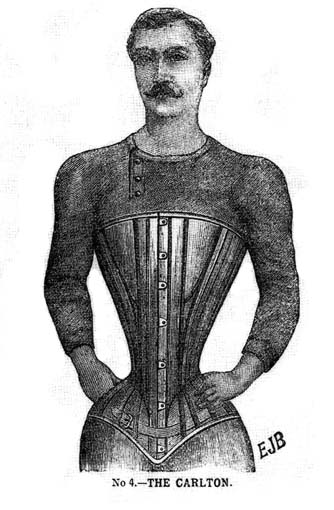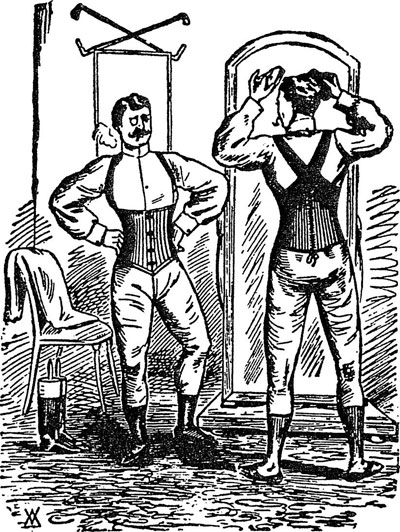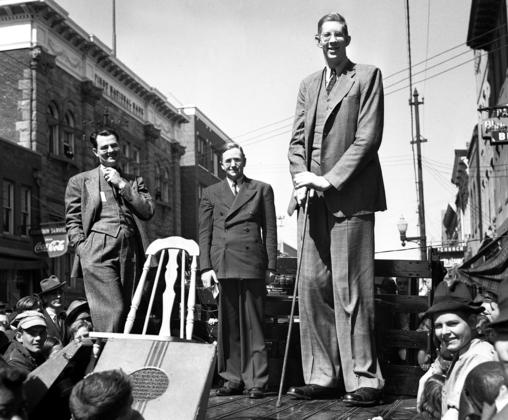Everybody needs to learn comouter coding because why? As someone who learned a fair amount of HTML in the late ’90s only to not need to know any of it, I can’t make sense of the analogy being drawn between book literacy and coding literacy. If we are all “coders” in the future, it will be a very different thing and a simpler process that produces more complex answers. From NPR’s “Computers Are the Future, but Does Everyone Need to Code?“:
“Some people aren’t so enthusiastic about all the pro-coding rhetoric. ‘Reading and writing are hard; the basics are hard,’ says software developer Jeff Atwood. ‘And now we’re telling people you have to learn this programming too, or else the robots are going to get you.’
Atwood started making his own video games as a 12-year-old back in the ’80s. Now he runs a coding blog and a set of websites to help people with programming. But he remembers a time not so long ago when computers weren’t at all intuitive.
‘When I got my first computer in the mid-80s, when you turned it on, what you got was a giant, blinking cursor on the screen — that was the boot up,’ he recalls. ‘It wasn’t like turning on an iPad where you have a screen full of apps and you start doing things. … When I hear: ‘Everyone must learn to program,’ what I hear is: We’re going back in time to a place where you have to be a programmer to do things on the computer.’
Atwood thinks that’s going backward. He’s glad that people don’t have to be computer whizzes anymore just to be able to use a computer. He thinks that if computers aren’t your thing, then it’s OK to let the programmers make life easier for you.
‘It’s sort of like an obsession with being an auto mechanic,’ he says. ‘There are tons of cars, there’s tons of driving … but I think it’s a little crazy to go around saying everyone should really learn to be an auto mechanic because cars are so essential to the functioning of our society. Should you know how to change oil? Absolutely. There are [also] basic things you should know when you use a computer. But this whole ‘become an auto mechanic’ thing? It’s just really not for everyone.'”

